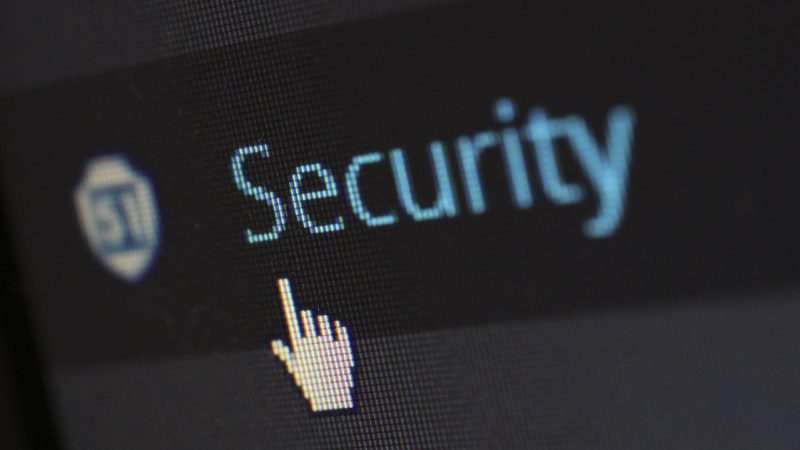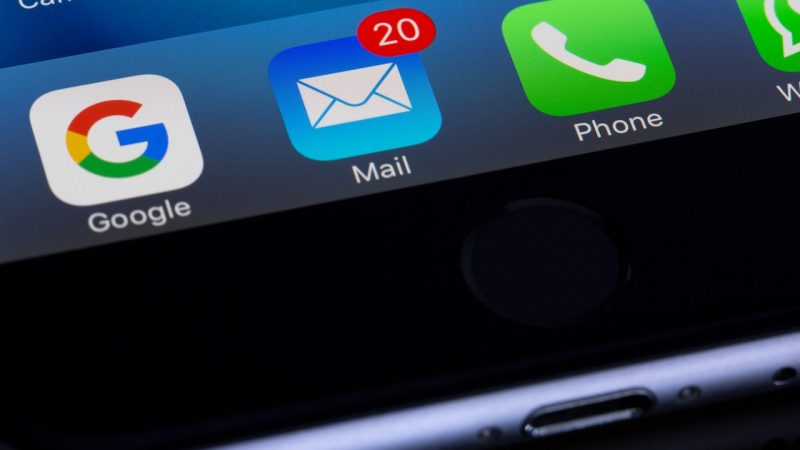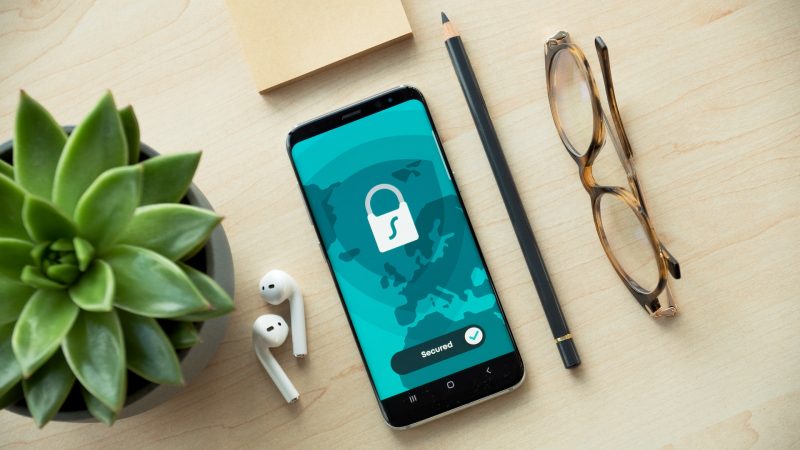6 Surprising Things That Could Be Putting Your Online Privacy at Risk
Online privacy is something that many of us take for granted. After all, we use passwords and other security measures to protect our accounts and personal information, so we assume that we’re safe. However, there are a number of surprising things that could be putting your online privacy at risk, even if you think you’re being careful. Here are six examples:

Public Wi-Fi networks
When you connect to a public Wi-Fi network, you’re potentially exposing your device and the data on it to anyone else who is also connected to that network. This is because public Wi-Fi networks are typically unencrypted, meaning that the data you send and receive is not protected from being intercepted. To protect your online privacy, avoid using public Wi-Fi networks for sensitive tasks like online banking or shopping, and consider using a virtual private network (VPN) to encrypt your data.
Third-party apps
When you download an app from an app store, you may be asked to grant the app access to certain personal information or permissions on your device. While some of these requests may be necessary for the app to function properly, others may be unnecessary and could potentially expose your personal information to third parties. To protect your online privacy, be selective about the apps you download and the permissions you grant.
Social media
Social media platforms can be a great way to connect with friends and family, but they can also be a source of online privacy risks. For example, if you share too much personal information on your social media profiles, you could be making yourself vulnerable to identity theft or other types of cyber crime. Additionally, social media companies may collect and use your personal data for their own purposes, such as targeted advertising. To protect your online privacy, be mindful of what you share on social media and consider adjusting your privacy settings to limit the amount of personal information that is visible to others.
Internet of Things (IoT) devices
The Internet of Things (IoT) refers to the interconnected network of devices that can communicate with each other and the internet, such as smart thermostats, smart appliances, and wearable devices. While these devices can be convenient, they can also pose a risk to your online privacy if they are not properly secured. For example, if an IoT device has a weak password or is not updated with the latest security patches, it could be vulnerable to cyber attacks. To protect your online privacy, make sure to choose IoT devices from reputable manufacturers and regularly update the software on your devices.
Public profiles
If you have a public profile on a site like LinkedIn or GitHub, you may be sharing more personal information than you realize. For example, your job title and employer, education history, and list of skills could potentially be visible to anyone who searches for you online. To protect your online privacy, consider adjusting the privacy settings on your public profiles to limit the information that is visible to others.
Online quizzes and surveys
Online quizzes and surveys can be fun, but they can also be a source of online privacy risks. Many of these quizzes and surveys require you to provide personal information in order to participate, and this information could potentially be shared with third parties. To protect your online privacy, be selective about the quizzes and surveys you participate in and consider using a pseudonym or fake name instead of your real name.
Online privacy is a complex and constantly evolving issue that requires ongoing attention and effort to protect. While there are many steps you can take to safeguard your personal information and maintain your online privacy, it’s important to be aware that there are always potential risks and new threats emerging. Some of the surprising things that could be putting your online privacy at risk include public Wi-Fi networks, third-party apps, social media, IoT devices, public profiles, and online quizzes and surveys.
To protect your online privacy, it’s important to be proactive and take steps such as using a VPN when connected to public Wi-Fi, being selective about the apps you download and the permissions you grant, adjusting your social media privacy settings, choosing secure IoT devices and keeping them up to date, and limiting the personal information that is visible on your public profiles.
It’s also important to be aware of potential scams and fraudulent activities that could compromise your online privacy. This includes avoiding clicking on links or downloading attachments from unknown sources, using strong and unique passwords for all of your accounts, and being cautious when providing personal information online.
Finally, it’s essential to stay informed about online privacy issues and best practices. This can include reading articles and blogs about online privacy, subscribing to newsletters or alerts from trusted sources, and keeping up with updates and new features from the companies and organizations you interact with online. By staying informed and taking proactive steps to protect your online privacy, you can help ensure that your personal information stays safe and secure.




